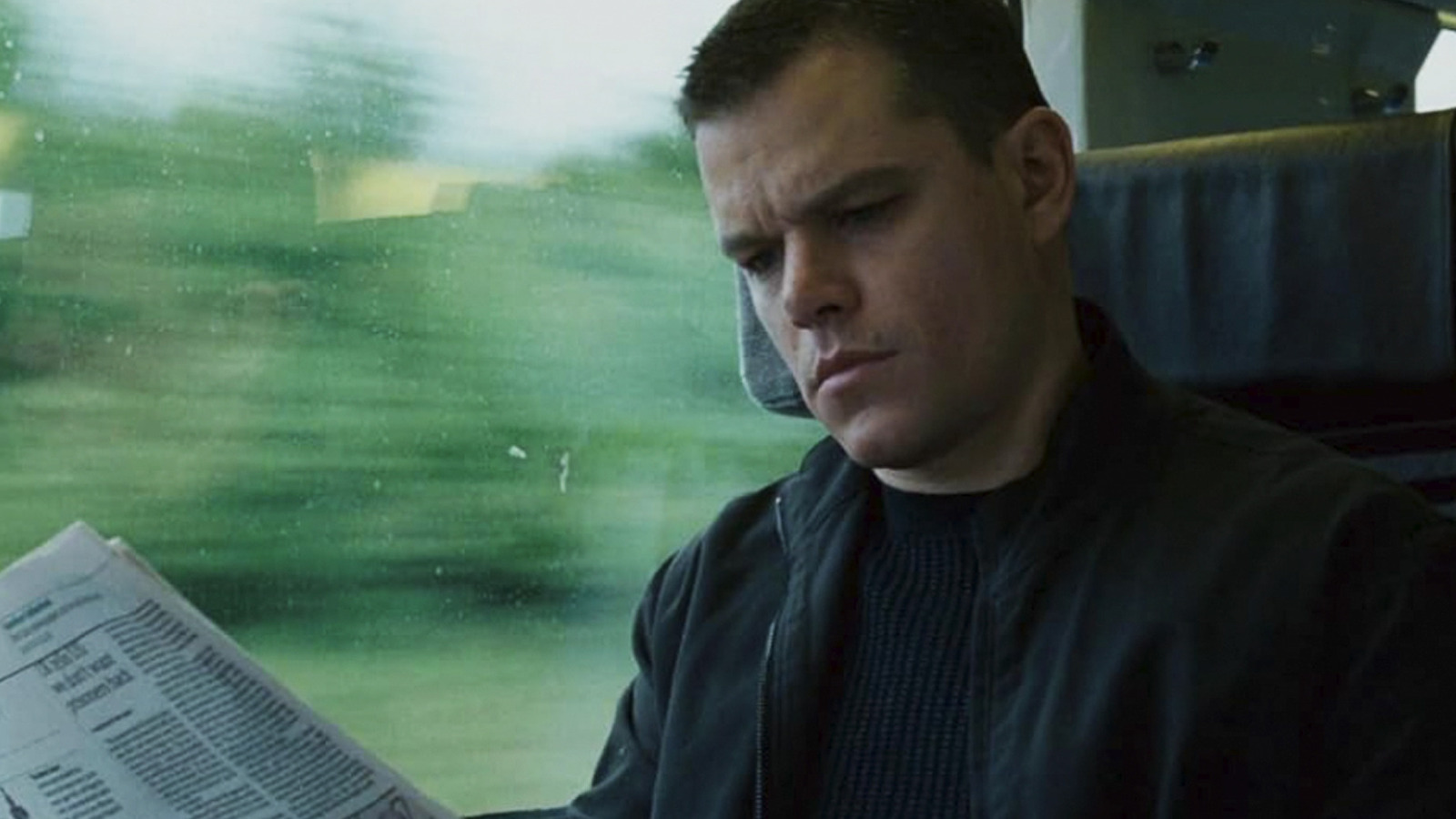
Matt Damon Had Concerns About Tony Gilroy’s Initial Script for The Bourne Ultimatum
Matt Damon has had his fair share of box office hits, but one particular film had an original script that he deemed rather embarrassing. The Bourne Ultimatum, part of the acclaimed Jason Bourne trilogy, faced some scrutiny from its leading man. The Bourne films, inspired by Robert Ludlum’s novels from the 1980s, feature Damon as Bourne, a CIA assassin grappling with amnesia and on the run from his former handlers.
While the trilogy has gained a solid reputation, with many fans debating which installment stands out, it’s hard to overlook the originality of The Bourne Identity. This film offers a complex narrative as both the audience and Bourne himself uncover the truth of his identity. In contrast, the sequels, particularly The Bourne Supremacy and The Bourne Ultimatum, adopted a more straightforward action-driven approach, with the latter, directed by Paul Greengrass, praised for its relentless pacing.
However, Damon had qualms about the original script penned by Tony Gilroy for The Bourne Ultimatum. In a candid interview with GQ in 2011, he did not hold back, describing the first draft as unreadable and alarming. “It’s just that it was unreadable. This is a career-ender,” he remarked. Damon suggested that while Gilroy was compensated handsomely, the script reflected a lack of effort. His comments reveal a deeper concern regarding the quality of the film, indicating that the writer might have felt overconfident after the success of the previous installments.
Preparing for The Bourne Ultimatum, the series had already achieved impressive box office results—The Bourne Identity grossed $214 million against a budget of $60 million, while The Bourne Supremacy brought in $290 million on a $75 million budget. This success may have led Gilroy to believe a more casual approach was sufficient for the third entry.
Prior to The Bourne Ultimatum, Gilroy was already an established screenwriter, having penned films like The Devil’s Advocate and Armageddon. He had the distinct privilege of crafting all three screenplays for the Bourne series; however, his hefty payday for the third film came with a caveat: he was only required to deliver one draft without the need for rewrites or feedback. This arrangement seemingly resulted in a first draft that fell short of expectations. There’s speculation that Gilroy’s simultaneous focus on his directorial debut, Michael Clayton, might have contributed to the lackluster script.
In light of the situation, the team behind The Bourne Ultimatum had to scramble to enhance the script in order to meet its August 2007 release date. Damon pointed out that the studio’s decision-making played a significant role in putting them in a tight spot. He elaborated on how the collaborative efforts of director Paul Greengrass, screenwriter Scott Z. Burns, and George Nolfi helped salvage the script during production, making real-time adjustments on set.
Ultimately, the credit for The Bourne Ultimatum was shared among Gilroy, Burns, and Nolfi. Gilroy attempted to claim sole credit, but the Writers Guild of America intervened and denied his request following an investigation. Despite the challenges, the film exceeded expectations at the box office, raking in an impressive $444 million against its $110 million budget.
Damon’s candid remarks about the script surfaced while Gilroy was working on The Bourne Legacy, which introduced Jeremy Renner as a new lead character. Although it aimed to create a new franchise cornerstone in Renner, the film did not replicate the success of its predecessors. Damon later expressed his regret for sharing his opinions publicly, clarifying that he has great respect for Gilroy’s talents.
Gilroy, taken aback by Damon’s comments, reflected on their friendship and the formidable contributions that Damon has made to cinema. Whether they have reconciled or not, it’s noteworthy that Gilroy was not part of the team for the 2016 sequel, Jason Bourne, which experienced less favorable reviews compared to the original trilogy, raising questions about the essential elements that define the franchise’s success.



